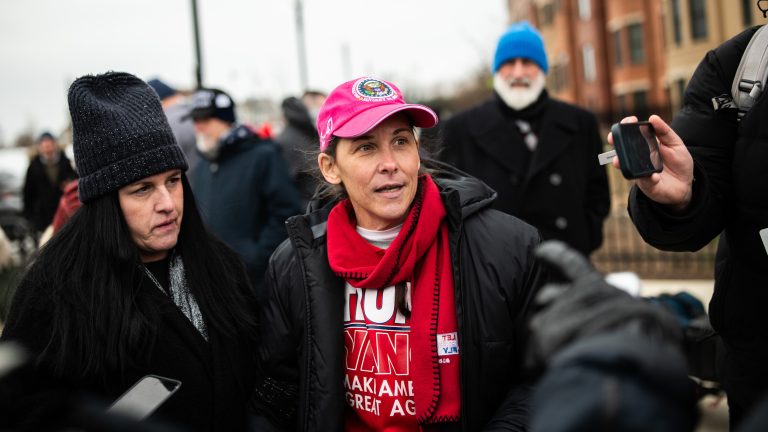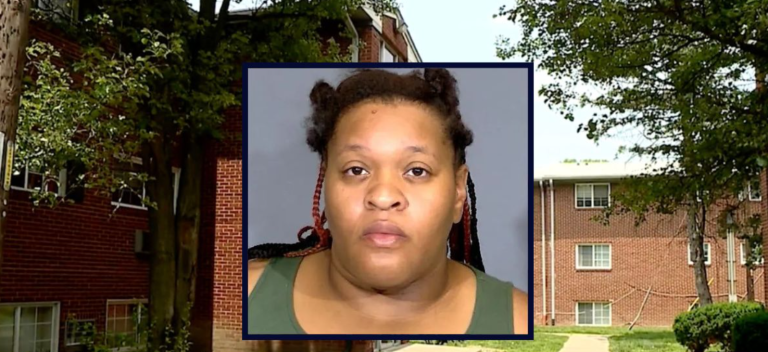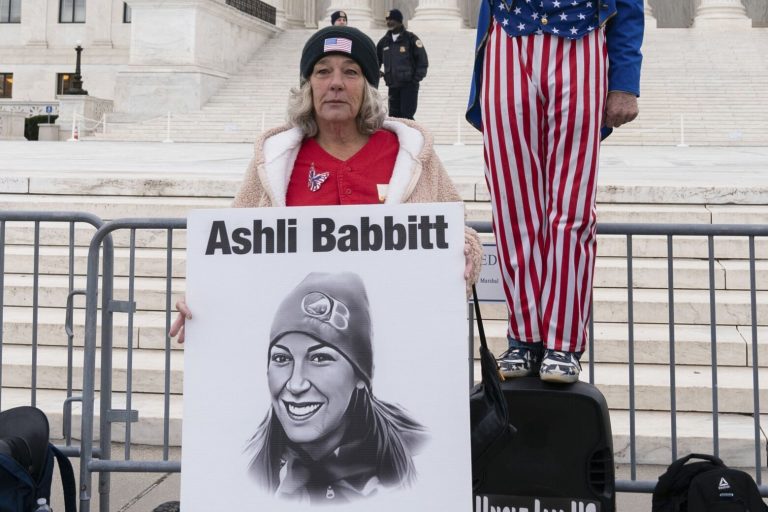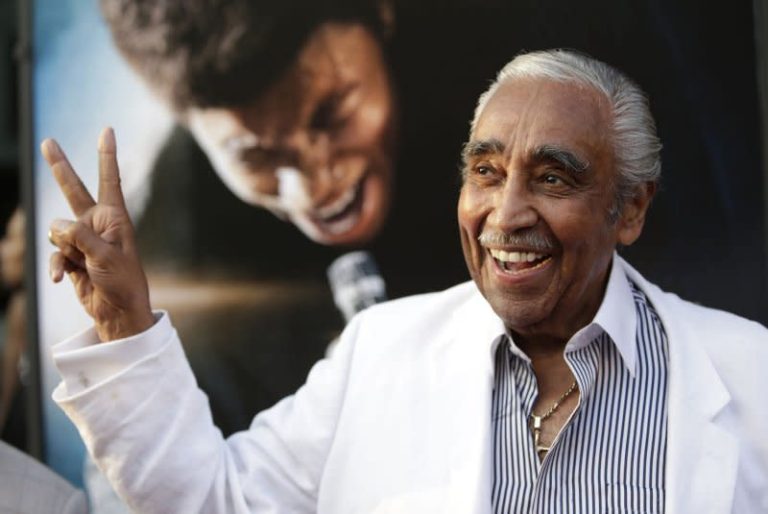Judge Blocks Trump’s Attempt to Remove Democratic Oversight Officials: A Win for Independent Scrutiny
In a dramatic decision which emphasizes the significance of the U.S. government’s separation of powers principle, an American judge has interrupted the former President Donald Trump’s plan to dismiss a pair of Democratic members of the Privacy and Civil Liberties Oversight Board. U.S. District Judge of District of Columbia Reggie B. Walton announced the decree, which has become the loud and clear argument of the judiciary for the protection of independent oversight mechanisms; particularly in the domain of citizens’ rights.
Untimely Termination
The controversial matter was put to pen and paper in February, when the administration of President Trump insisted on removing three persons from the board, out of a five-person staff, two of whom filed a lawsuit against the action. The PCLOB, which came into being after the atrocities of 9/11, is an independent part of the administration and has as its main job to monitor whether the U.S. government’s counterterrorism strategies are executed without negatively affecting the privacy and rights of its citizens. These members are selected to provide bipartisan oversight over the executive counterterrorism programs and to prevent all kinds of abuse in the context of national security while maintaining individual rights.
The rapid elimination of the Democratic board members by Trump was a real eye-opener and caused a lot of concern that the administration was planning to do away with the opposing opinions by taking the policy out of public view and hence away from criticism. Though the administration asserted the constitutional prerogative of the president to dismiss his subordinates, the question of the board’s autonomy was the main point of the legal argument.
The Legal Ruling
Judge Walton, a well-thought-of, federal judiciary member, repudiated the American President’s position. In writing his opinion, he dwelled on the fact that the president’s ability to remove board members without consulting anyone would compromise the oversight body’s proper functioning. He cautioned that such behavior would inexorably result in an uncontrolled executive power turning an independent board into its puppet, hence negating the board’s vital role.
“To hold otherwise would be to bless the President’s obvious attempt to exercise power beyond that granted to him by the Constitution,” Walton wrote. In more detail, he pointed out that the step taken by the president would have the effect of hiding the administration from the board the oversight of which they were intended to make, thus leaving the presence of transparency and bipartisan accountability in doubt.
In summary, Walton’s decision simply stressed the argument that the PCLOB needs to be shielded from the political sphere, especially whenever it is engaged in the reviewing of the lawfulness of, and the strength of certain, counterterrorist actions carried out by the US government.
White House Response
Regrettably, the irreconcilable Trump administration did not yield to the situation yet. The White House spokesman Harrison Fields repeated the administration’s viewpoint, insisting that the president is vested with the legal right to sack the individuals in question due to their compliance with executive duties. “The Constitution gives President Trump the power to remove personnel who exercise his executive authority,” Fields replied to the Associated Press. He also said that they promise that the least they will do is to be victorious in the dispute at court.
What Walton’s charge showed is that certain members of the executive also don’t come under the category of removal. This, however, does not apply to the President’s direct subordinates, but to other federal officials as well.
Larger Consequences
This case does not only impact the Privacy and Civil Liberties Oversight Board (PCLOB) members but also the general independent federal oversight in the United States as a whole. The ruling means that though the President does have a lot of power over the executive, it’s not absolute power, especially when the power affects the constitutional protections of balance of powers.
Moreover, the decision is a significant win for those people who are fighting for the transparency of the government and the protection of civil rights. With an increasing number of complaints concerning surveillance and privacy breaches and also unchecked executive orders, the role of independent agencies like the PCLOB becomes more and more critical every day.
Furthermore, this decision can be taken as an example for the future governments of the US, which would make it explicitly clear that heads of the regulatory agencies, authorized to do so by the statute, are off-limits to executive office dismissal.
A Thin Line
The lesson that the trial affords us is the prevailing conflict between the protection of the country and our civil rights in the post-9/11 world. The U.S. government may treat anti-terrorism as its main concern, but it has to do so with a full understanding of the rights of the inhabitants of the U.S. Oversight boards like the PCLOB are very important in assuring that the security measures are not only effective but also conform to the constitution.
Judge Walton’s decision clarifies that independence in oversight is not solely a bureaucratic feature of it. It is a requirement of a democratic state, without which, the chance of abuse of power by the executive and the decrease of civil rights would increase significantly.
Conclusion
The refusal of President Trump to replace Democratic oversight members of the Privacy and Civil Liberties Oversight Board is not just a legal formality it is an irrefutable proof of the importance of independent institutions in guaranteeing democratic accountability. In the present political climate where the decisions of administration are legally contested, this decision emphasizes that no president is beyond constitutional restrictions, when the freedoms and rights of individuals are endangered.







